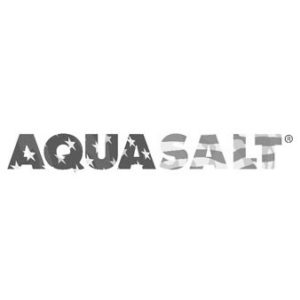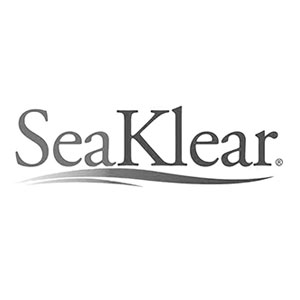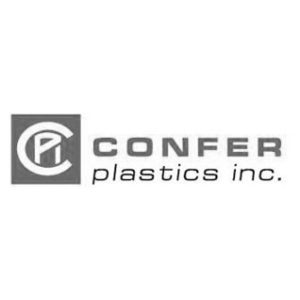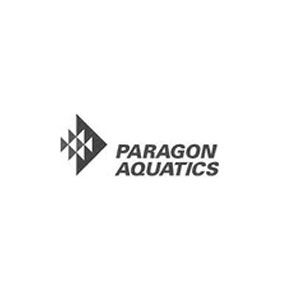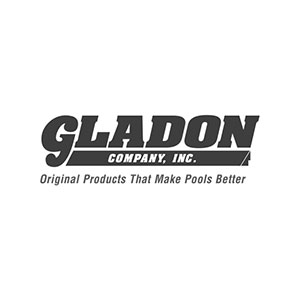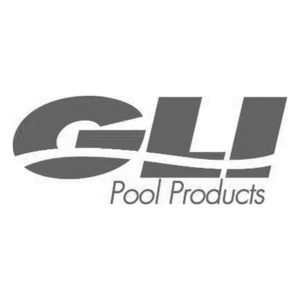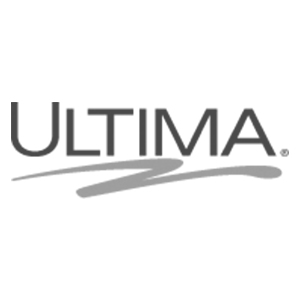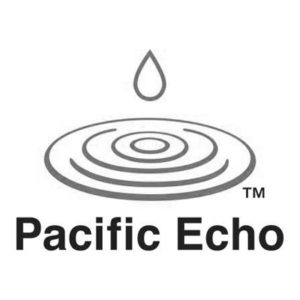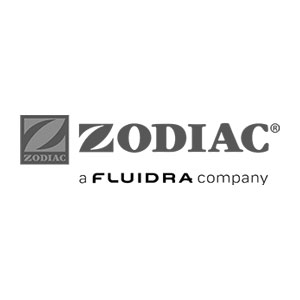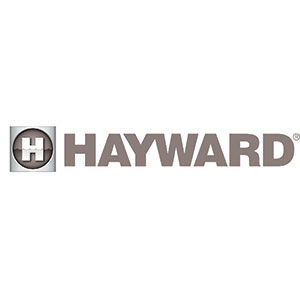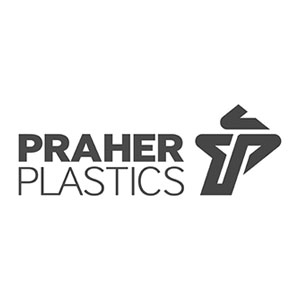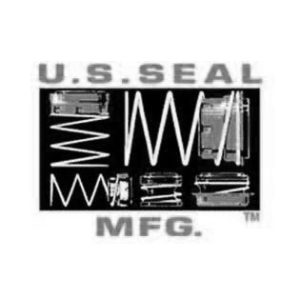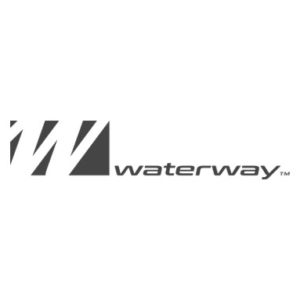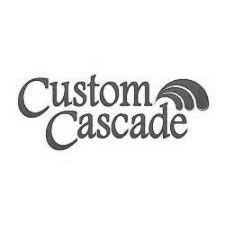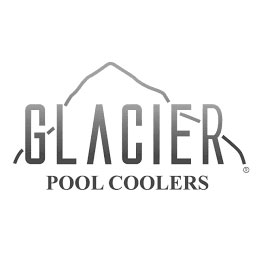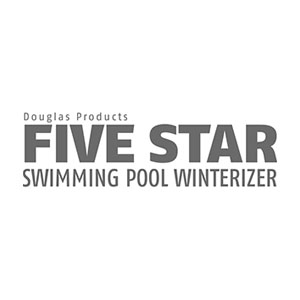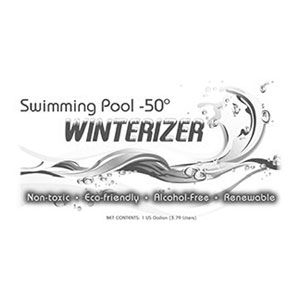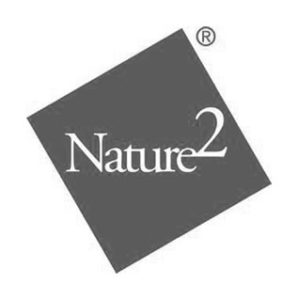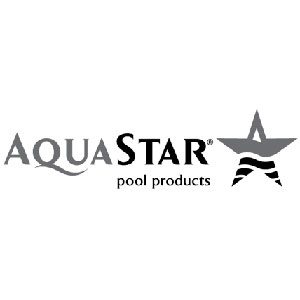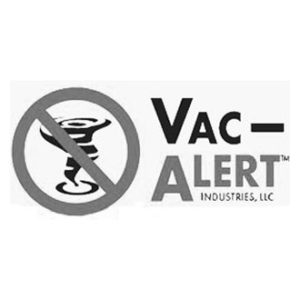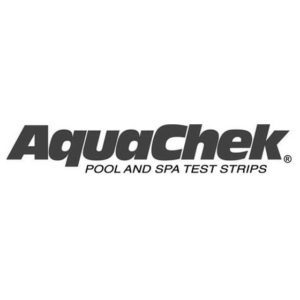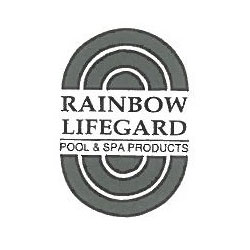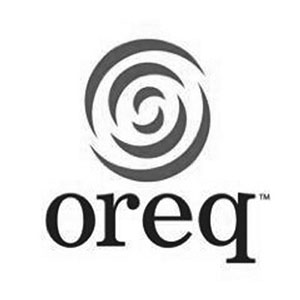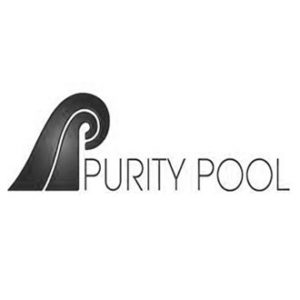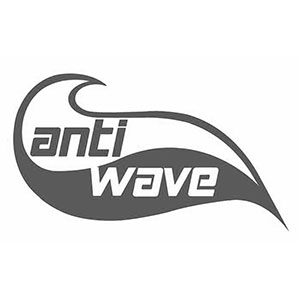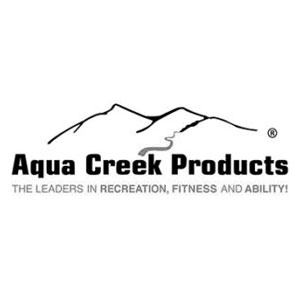Calming Customers’ Fears of Coronavirus Spreading Via Pools
Chances are that you’re fielding questions from customers about coronavirus being able to spread through pools. There is a lot of misinformation circulating about how the virus spreads and how it’s contracted, causing COVID-19.
To ensure you have the best information for assuring your customers that coronavirus cannot spread to others through pools, we are sharing the best practices and products for creating a safe environment for swimming and relaxing.
Most agree that the Centers for Disease Control and Prevention (CDC) is the authoritative source for coronavirus safety. According to the CDC:
“There is no evidence that COVID-19 can be spread to humans through the use of pools and hot tubs. Proper operation, maintenance, and disinfections (e.g., with chlorine and bromine) of pools and hot tubs should remove or inactivate the virus that causes COVID-19.”
PROPER Operation, Maintenance and Disinfections are the Key Words
And, they depend on each other to remove or inactivate the virus. In other words, your customers need to understand that their pool pump, cleaning system, maintenance routine, and sanitization and disinfecting products all work together.
Make sure you and your customers are keeping a close eye on:
• The pool pump, which must be in excellent working order and operating generally eight hours every day
• The cleaning system, which should be checked daily that it’s working and debris is unclogged
• The proper amount of sanitization and disinfecting products are added and distributed equally around the pool
How to Answer Your Customers’ Questions About Chlorine
Is chlorine enough to sanitize a pool?
Chlorine is the most popular pool sanitizer, and it’s inexpensive and safe to use in above and in-ground pools.
Should we over-chlorinate the pool to be on the safe side?
No. It’s not necessary to chlorinate beyond normal levels to kill viruses. Stay within the recommended 1 to 3 parts per million (ppm). The World Health Organization recommends as little as .5 ppm. A level above 3 ppm is causes eyes, nose, lungs, and throat irritation.
Should stabilized or unstabilized chlorine be used in my pool?
Pool chlorine can be either stabilized or unstabilized. The difference is that stabilized contains cyanuric acid to protect the chlorine from the sun’s rays. Indoor pools obviously don’t require sun protection, but outdoor pools require stabilized chlorine that won’t break down and become ineffective in the sun.
What’s the best way to add chlorine to my pool?
To thoroughly disperse chlorine throughout the pool (and kill viruses), tossing in a tablet or sprinkling granules around won’t do. Choose a device that best disseminates chlorine throughout the pool water.
Ranked from most to least effective, the options include:
• A floating chlorine dispenser: It’s low maintenance and inexpensive, but can leave areas of the pool inadequately chlorinated.
• A pool skimmer: It’s as easy to use as dropping the chlorine tablet in the bucket at the side of the pool and letting the pool filter work to spread the chlorine evenly across the pool.
• An automatic chlorinator: Hooked up to the return line, this sanitizes water before it enters the pool. Plus, several chlorine tablets can be added and the device set to a chlorine level.
What role does pool shock play in wiping out coronavirus?
Pool shock does an important job, just like chlorine. After chlorine kills viruses and bacteria, it creates a chloramine. This inactive particle stays in the pool water until an oxidation process breaks it down. Pool shock is necessary to help that process.
Used about once weekly after the sun goes down, pool shock helps to protect against COVID-19 virus.
How do I know my pool is safe and the chlorination level is perfect?
You can gain peace of mind by using pool water test strips to confirm that the chlorine level is in the CDC recommended range.
Our Staff is Here to Help
With more of your customers spending time at home and using their pools more often, you’re probably being asked a lot more questions about pool-related safety. Feel free to ask our staff for their expert advice if and when you need it. After all, relieved customers are happy, consistent customers.






